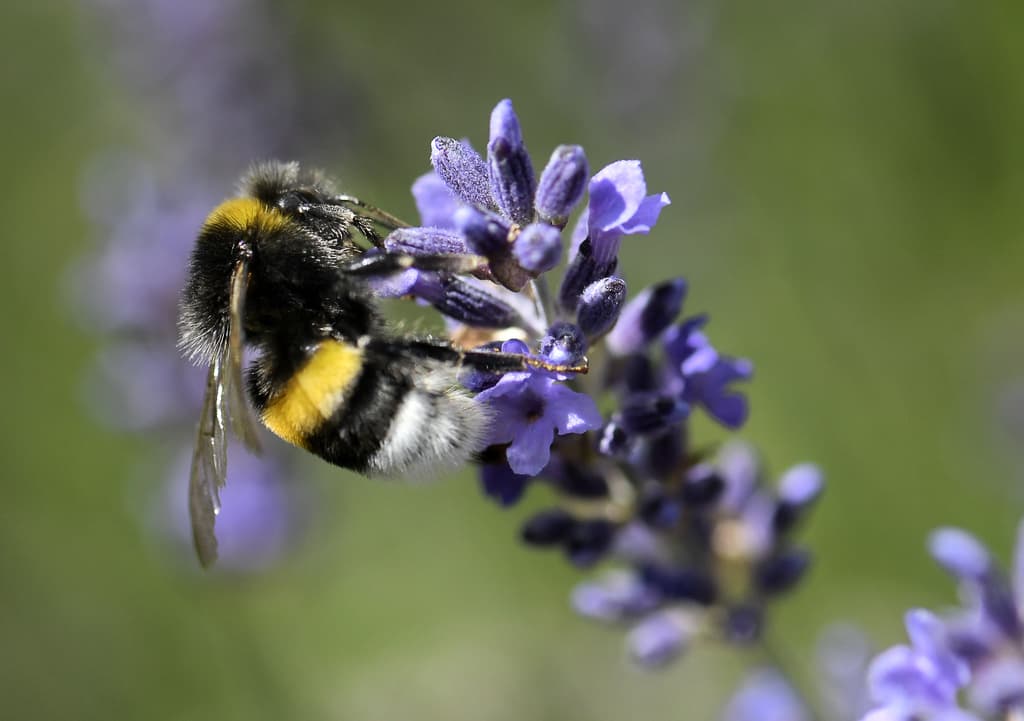Insects have not decreased in number in Sweden. The surprising conclusion is drawn in a new study that builds on analyzes of insect catches over the past 35 years at four different locations in Sweden.
The result is quite clear. We cannot see any overall decrease. At one location – Alnarp in Skåne – the insects have even increased, says Mattias Jonsson, researcher at the Swedish University of Agricultural Sciences (SLU) in Uppsala, who led the study.
For many, the result is likely to seem surprising. Several alarm reports about declining insect populations have come from various parts of Europe in recent years. The most notable was a study in 2017 that suggested that over 75 percent of all flying insects in German nature reserves had disappeared within 27 years.
No clear trend
In Sweden, there are several so-called suction traps placed in agricultural landscapes that have caught flying insects since the 1980s. In the new study, the catches from four of these were analyzed. In addition to Alnarp, traps in Lanna in Västergötland, Ultuna in Uppland, and Sunderbyn in Norrbotten were included.
Except in Alnarp, it is not possible to see a clear trend. It swings a lot from year to year, but no more than that. My hypothesis is that it mostly depends on weather shifts, says Mattias Jonsson.
The researchers have calculated both the total biomass of insects for each year and the total number of insects – a time-consuming task.
Total, it's over two million over the entire period, says Mattias Jonsson.
The insects have been placed in 31 different taxonomic groups, such as different families of beetles, to find out if certain types of insects are more vulnerable than others.
Interestingly, it seems to be going well for many of the wasps, such as bees and parasitic wasps, says Jonsson.
"No apocalypse"
The question is how to interpret the result. Why is it going so badly in Germany and so much better in Sweden?
A possible explanation is climate change. Many southern species may have benefited from warmer temperatures in Sweden. Swedish agriculture is also less intensive than German agriculture, at least when it comes to pesticide use, which may have hit insects harder in Germany, says Jonsson.
The result does not mean that many species are not taking a hit, he emphasizes.
I absolutely do not want to say that there is no problem. But I do not see an insect apocalypse in Sweden yet.
In Sweden, there are likely around 33,000 species of insects, according to a calculation by researchers at the Natural History Museum. Of these, 28,000 are described, while 5,000 remain to be discovered.
The richest in species are the wasps (bees, bumblebees, wasps, ants, parasitic wasps) which account for approximately one-third of the species.
In terms of the number of individuals, the two-winged insects (mosquitoes, flies, etc.) top the list with around 75 percent of all insects in the country.
Source: Natural History Museum






